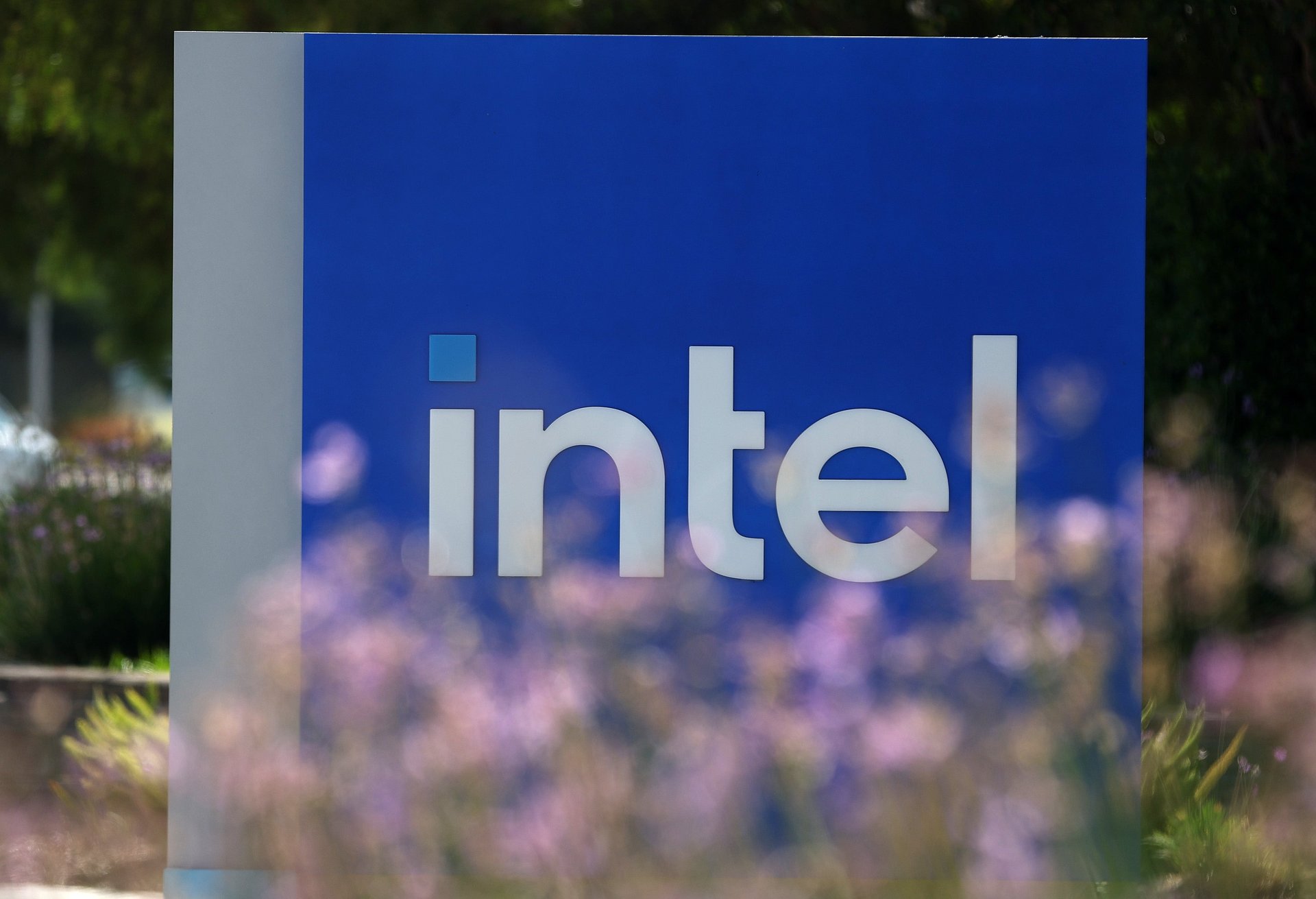Intel's former CEO tried to buy Nvidia almost 2 decades ago
Paul Otellini reportedly wanted to buy Nvidia for as much as $20 billion. Now it's worth more than $3 trillion

Tech pioneer Intel (INTC) has seemingly missed out on the artificial intelligence boom — and part of it can reportedly be traced back to a decision not to buy the chipmaker at the center of it all almost two decades ago.
Suggested Reading
Intel’s former chief executive Paul Otellini wanted to buy Nvidia in 2005 when the chipmaker was mostly known for making computer graphics chips, which some executives thought had potential for data centers, The New York Times (NYT) reported, citing unnamed people familiar with the matter. However, Intel’s board did not approve of the $20 billion acquisition — which would’ve been the company’s most expensive yet — and Otellini dropped the effort, according to The New York Times.
Related Content
Instead, the board was reportedly more interested in an in-house graphics project called Larrabee, which was led by now-chief executive Pat Gelsinger.
Almost two decades later, Nvidia (NVDA) has become the second-most valuable public company in the world and continuously exceeds Wall Street’s high expectations. Intel, on the other hand, has seen its shares fall around 53% so far this year and is now worth less than $100 billion — around 30 times less than Nvidia’s $3.4 trillion market cap.
In August, Intel shares fell 27% after it missed revenue expectations with its second-quarter earnings and announced layoffs. The company missed profit expectations partly due to its decision to “more quickly ramp” its Core Ultra artificial intelligence CPUs, or core processing units, that can handle AI applications, Gelsinger said on the company’s earnings call.
And Nvidia wasn’t the only AI darling Intel missed out on.
Over a decade after passing on Nvidia, Intel made another strategic miss by reportedly deciding not to buy a stake in OpenAI, which had not yet kicked off the current AI hype with the release of ChatGPT in November 2022.
Former Intel chief executive Bob Swan didn’t think OpenAI’s generative AI models would come to market soon enough for the investment to be worth it, Reuters reported, citing unnamed people familiar with the matter. The AI startup had been interested in Intel, sources told Reuters (TRI), so it could depend less on Nvidia and build its own infrastructure.